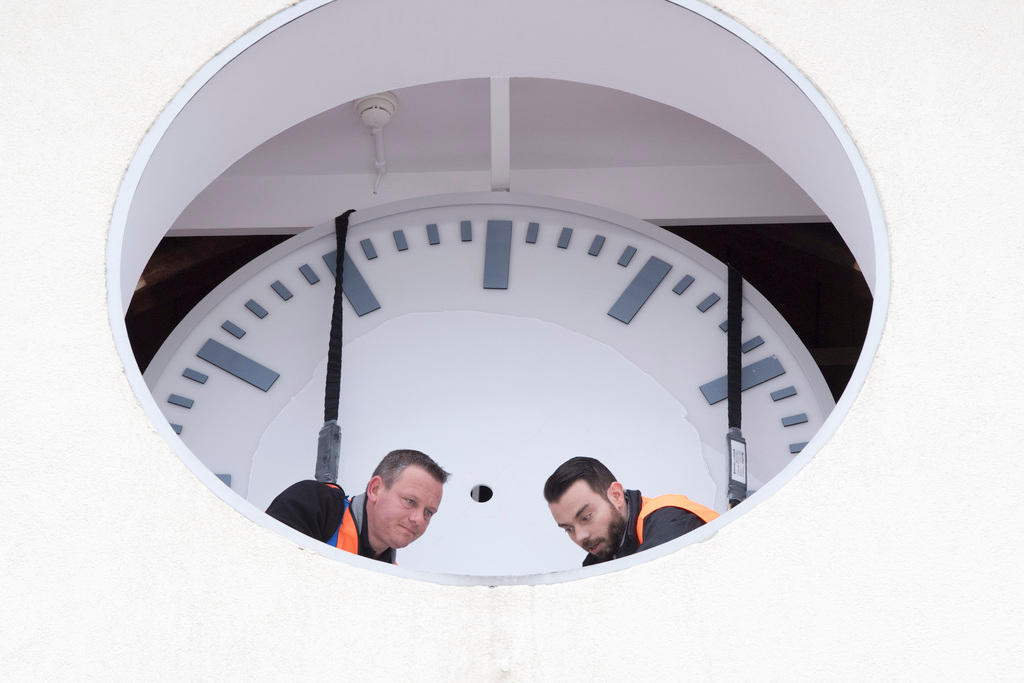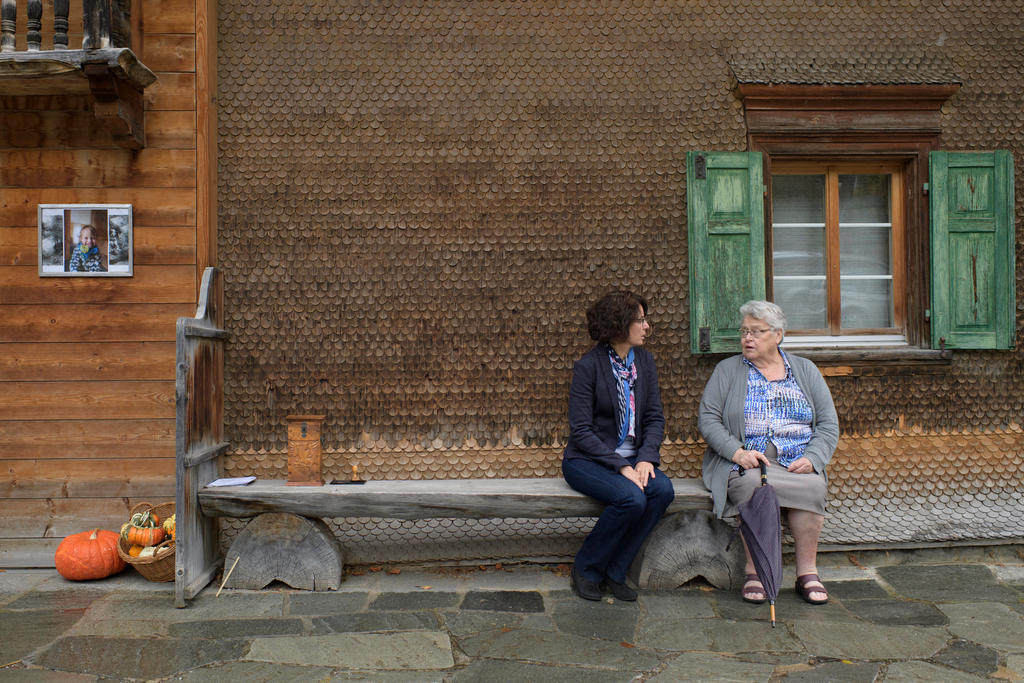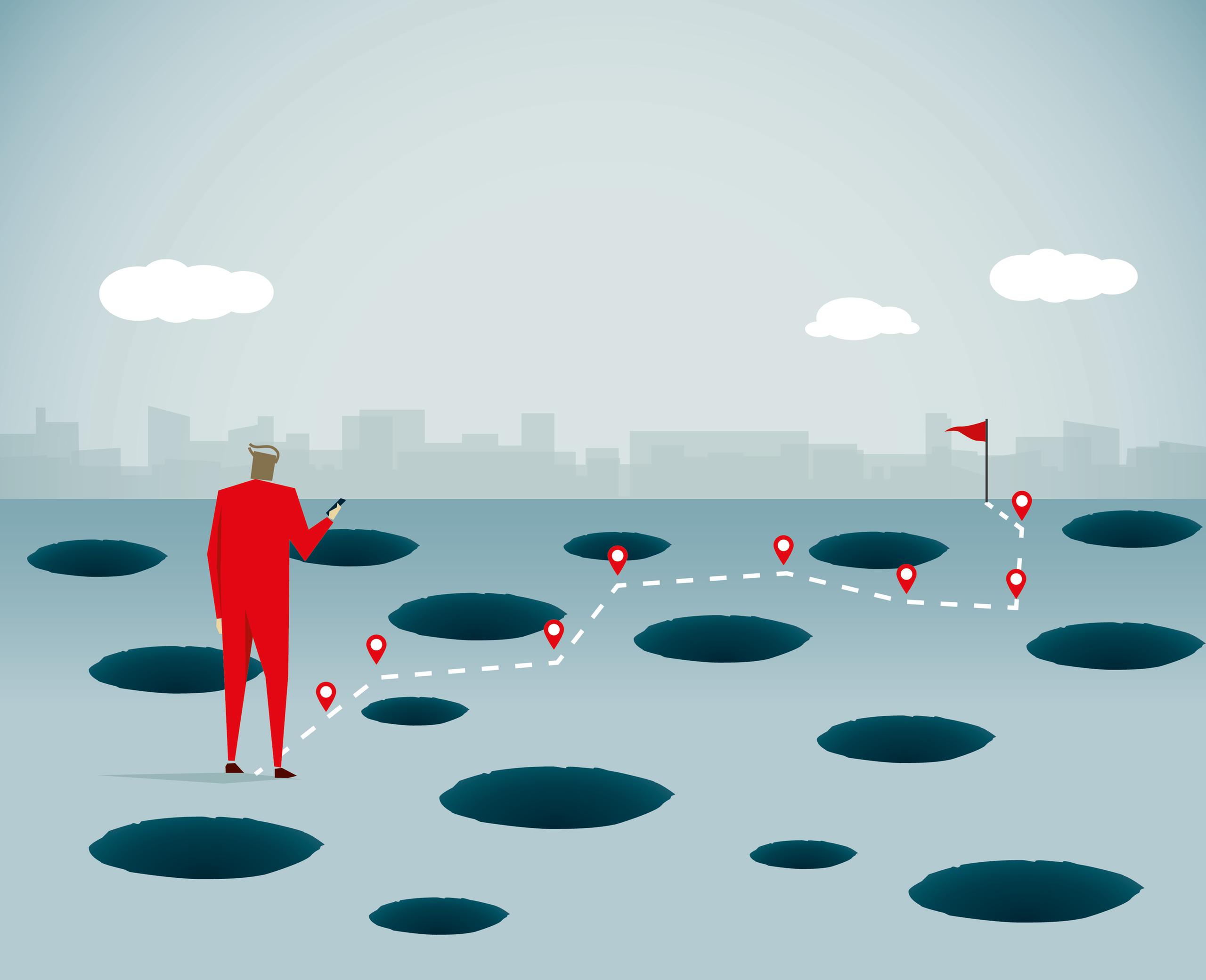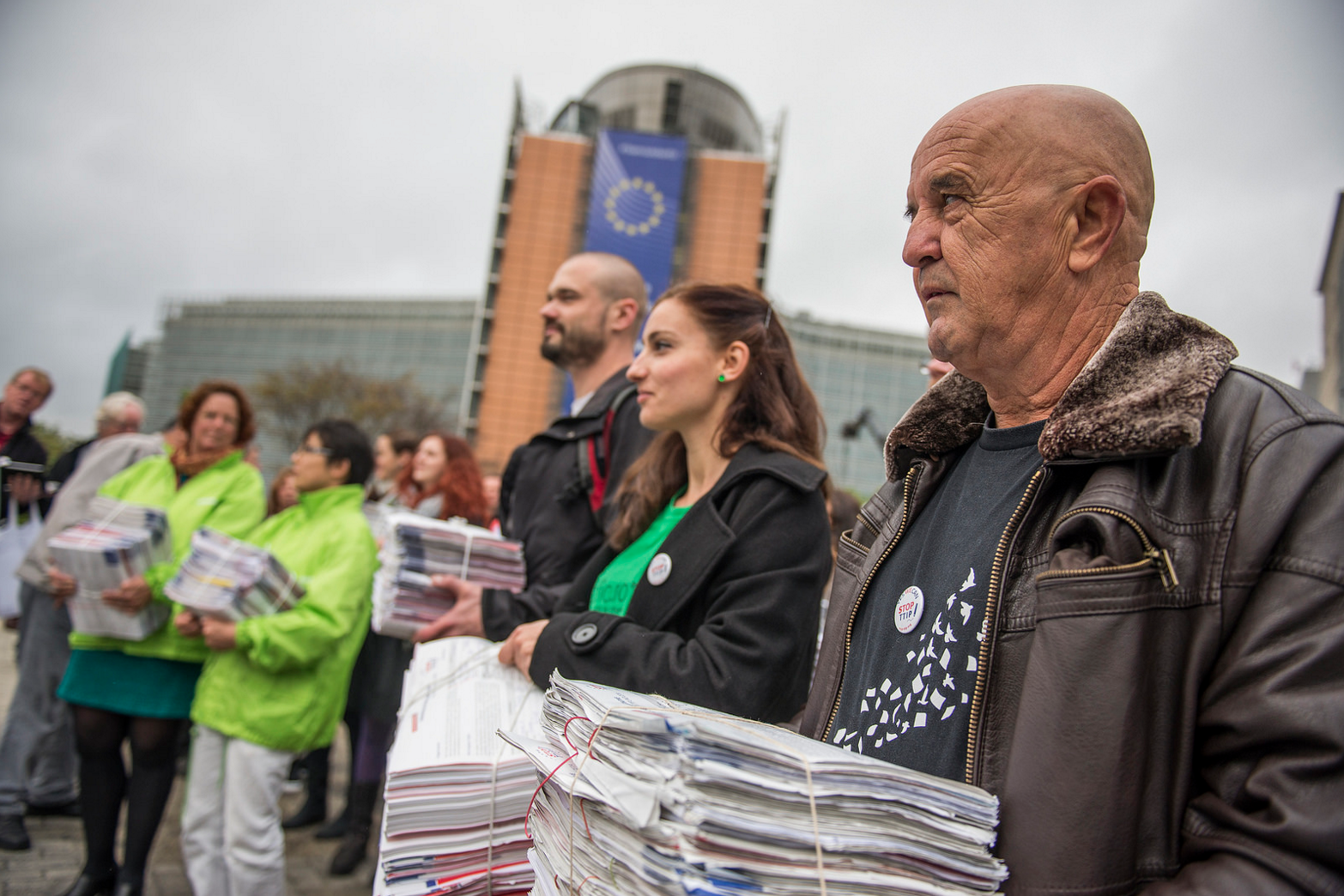Who should decide on turning the clocks back?

The EU wants to say goodbye to Daylight Saving Time. This move follows an online survey concluding that a majority of EU citizens are against changing the clocks twice a year. Has Brussels developed a soft spot for the direct democracy system? On the contrary: the vote has revealed the EU bosses’ rather irritating understanding of how direct democracy works. When it comes to Daylight Saving Time, Switzerland’s popular sovereignty also seems to crumble.
Like every year, the clocks in Switzerland will go back on the last Sunday in October, which this year will be on the 28th. Changing the clocks could soon be a thing of the past as the EU is moving towards abandoning the switch between summer and winter time. In 1978, the Swiss people actually voted against changing the hour. Three years later, however, it was introduced anyway.
The reason for this was that the EU’s predecessor, the European Economic Community, had meanwhile introduced Daylight Saving Time. Switzerland had become a ‘time island’, which had incurred high costs for its economy. Parliament quickly decided to follow suit and align Switzerland with its neighbouring countries. There was an attempt to launch yet another referendum against the law, however, the initiators failed to gather the necessary 50,000 signatures.
This text is part of #DearDemocracy, swissinfo.ch’s platform on direct democracy issues. Contributors, including outside authors, frequently share their views here. The opinions expressed are not necessarily those of swissinfo.ch.
The controversy around Daylight Saving Time shows that democratic decisions on a national level do not happen in a vacuum. The vast international network plays an increasing role and has to be taken into consideration when assessing the consequences of a national vote. The Swiss government has already announced that it would follow the EU’s ruling if Daylight Saving Time were to be abolished. “If you ask the citizens, then you have to do what they say,” said Jean-Claude Juncker, President of the European Commission, at the end of August. The commission had conducted an online survey among EU citizensExternal link asking them whether the practice of changing the clocks in spring and autumn should be abandoned. Some 4.6 million people took part in this ‘consultation’, which showed a clear result: more than 80% of EU citizens were in favour of staying on summer time throughout the year.
Final spring forward?
The commission has now submitted a draft law to the EU parliament and council, according to which the clocks of the member states would go forward for the last time in spring 2019. The statement of the commission president is surprising given the fact that the opinion of EU citizens usually has less priority in the eyes of the commission. Prior to the referendum, Juncker is said to have made the following statement on the 2005 EU constitutional treaty in France: “If it’s a Yes, we will say ‘on we go’, and if it’s a No, we will say ‘we continue’”.

More
Even the world’s best democracy isn’t perfect
The French said ‘No’, just like the Dutch did, and just as Juncker had said, it resulted in major parts of the treaty being transferred to a new treaty, which (apart from Ireland) did not demand a referendum. This is how easily the EU bosses had outmanoeuvred their people. They could take advantage of the European Citizens’ Initiative though, which allows EU citizens to call on the commission to make a legislative proposal. However, neither the signatories nor the other 400 million citizens of the 28-nation bloc actually have a say in what eventually happens to their proposals. Efforts to make cross-border popular rights more binding or even introduce popular votes on EU level have met strong opposition within the EU leadership.
So, it’s surprising that Juncker and his colleagues conducted a nonbinding survey to guide them in their decision making. The reason behind this move could be that changing the clocks has stirred up emotions, but is not on top of Brussels’ political agenda. The politicians have other things to deal with, such as migration, Brexit (Great Britain’s exit from the EU), or the planned common budget for the Eurozone. Brussels’ support for the twice-yearly time change had been fading anyway.
Particularly problematic
The commission has adopted a risk-free ‘codetermination à la carte’ strategy: EU citizens have a say when it comes to everyday issues with manageable consequences, and codetermination is nonbinding. Treating citizens’ participation so selectively is not the only problem of such surveys though. The fact that the commission’s decisions often rely on opinion polls that are not entirely representative is particularly problematic.
That’s actually putting it mildly (see box). In the case of the Daylight Saving Time opinion poll, Junker’s statement of “The people want it, and we do it,” actually means that of the 4.6 million participants, which represent a little more than 1% of all EU citizens, nearly four million are against switching the clock from summer to winter time.
It’s questionable how representative this result is. Around two thirds of the respondents were from Germany which hosts fewer than 20% of all EU citizens. The survey was conducted online which means that people who regularly use the internet were more likely to respond.
It’s also most likely that a large part of the respondents were opponents of the time change. EU citizens, who are happy with Daylight Saving Time had little or no reason to take part in the survey.
This is exactly where participation tools without a direct binding result show their weakness. They mainly attract people with a particularly strong interest in a certain issue.
The fact that the EU commission is facing up to the result may have to do with its own position. Matthias Daum, editor-in-chief of the Swiss edition of the German newspaper Die Zeit, has recently found that politicians in representative democracies look much more closely at people’s opinions than those in semi-direct democracies.
Swiss parliamentarians know very well that legislative proposals adopted by parliament also have to be put to the people. Whether or not this is the case remains to be seen. Parliamentarians don’t have to comply with the latest results of opinion polls or with the alleged positions of the silent or outspoken majority.
As bodies like the EU commission are elected indirectly, they cannot be held directly accountable by the people. However, they still keep an eye on public opinions because they gain a certain legitimacy if they act in their people’s interest. They cannot, however, rely on binding democratic decisions, which means opinion polls like the Eurobarometer surveys are about the only way to get a feel for what people want.

More
Timeless discussions about an hour of daylight
Translated from German by Billi Bierling

In compliance with the JTI standards
More: SWI swissinfo.ch certified by the Journalism Trust Initiative











You can find an overview of ongoing debates with our journalists here . Please join us!
If you want to start a conversation about a topic raised in this article or want to report factual errors, email us at english@swissinfo.ch.